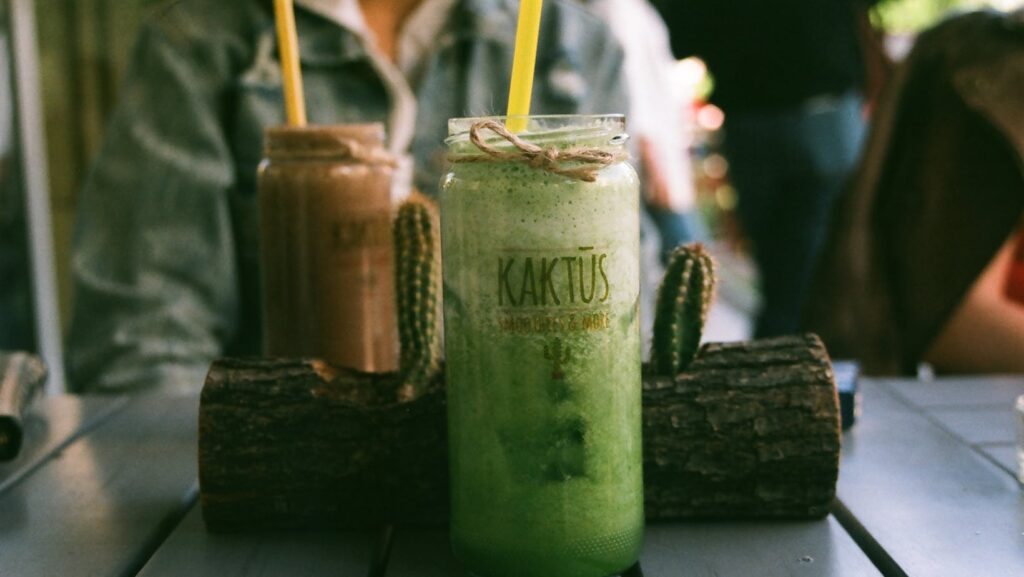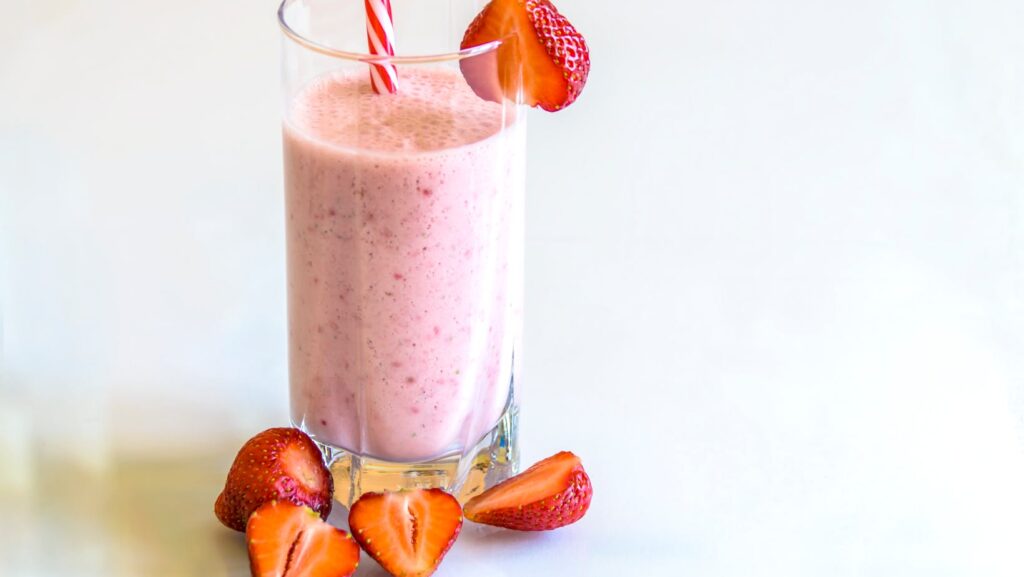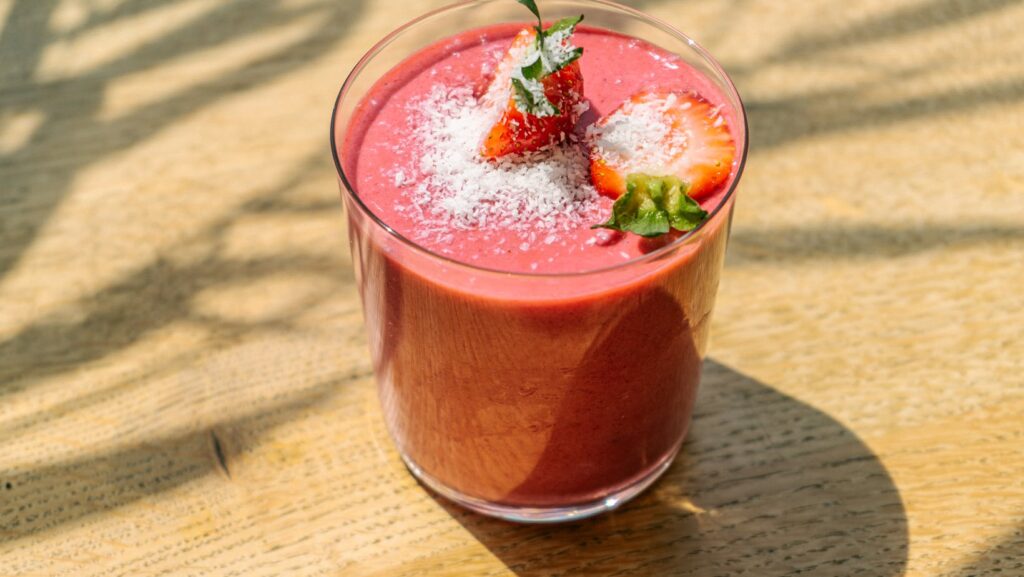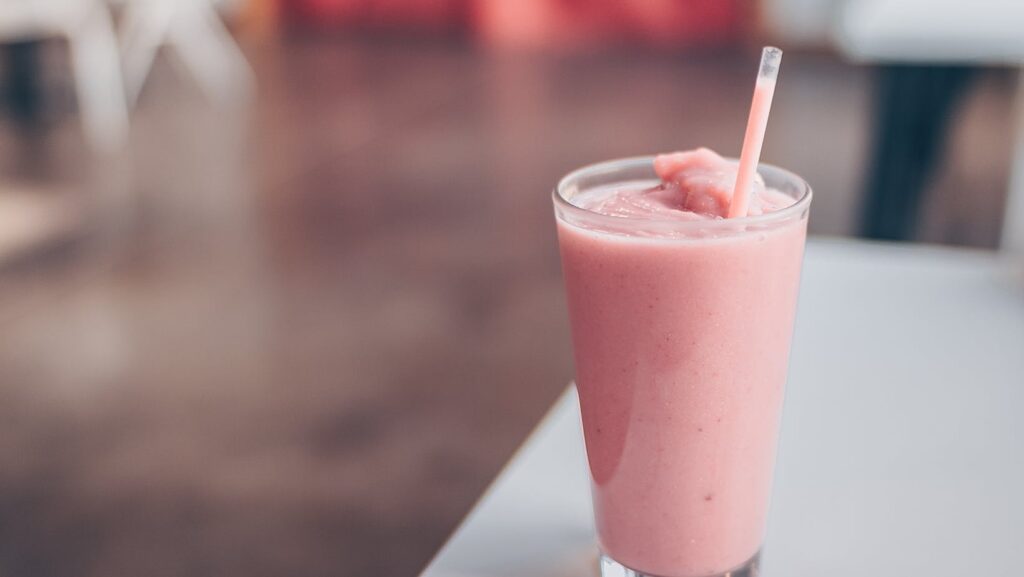For those looking to pack on some pounds or fuel their high-intensity workouts, high calorie smoothie recipes can be a delicious and convenient solution. They’re not just tasty; they’re a powerhouse of nutrients, designed to provide the energy your body craves.
High Calorie Smoothie Recipes

High calorie smoothie recipes constitute an indulgence in high-energy beverages, chock-full of proteins, carbohydrates, and good fats. They’re liquid meals, blended to aid individuals in their quest for a balanced diet through convenience and taste.
High calorie intake bears significance, particularly when properly managed. It offers the advantage of amplifying energy levels, essential for a hectic schedule or exhaustive workout session. An array of high-calorie foods include lean proteins like chicken, fish, and turkey; whole grains such as brown rice, oatmeal; and healthy fats like avocados, and olive oil.
High calorie smoothies become a viable choice for those requiring to gain weight, and people partaking in demanding physical activity.
Key Ingredients for High Calorie Smoothies
Nut Butters and Seeds

Adding nut butters, such as almond, cashew, or peanut butter, significantly enhances the calorie content of smoothies, according to the National Institutes of Health. They serve up a generous serving of healthy fats, protein, and fiber. For instance, just two tablespoons of peanut butter contain up to 191 calories, underpinning its potential as a useful additive in high-calorie smoothies.
Seeds, particularly chia, flax, and pumpkin seeds, provide another powerful way to infuse smoothies with calories, protein, and essential fatty acids. These nutrient-dense foods can effortlessly boost the calorie count; an ounce of flax seeds packs up to 150 calories.
Oils and Avocados
The incorporation of oils, particularly coconut or flaxseed oil, establishes them as indispensable components of high-calorie smoothies. A single tablespoon of either oil amounts to roughly 120 calories, as per the statistics from the United States Department of Agriculture.
Avocados, both a fruit and natural source of oil, hit the sweet spot in high-calorie smoothie construction. Besides being creamy, avocados provide noteworthy calories, healthy fats, vitamins, and minerals. A medium-sized avocado has around 240 calories, making it a predominant choice for individuals seeking nourishment through high-calorie smoothies.
Whole Milk and Yogurt
Whole milk and yogurt enter the mix as essential contributors to the creamy texture and high-calorie count of smoothies. Their richness in protein, calcium, and vitamins further amplifies their nutritional value.
Whole milk, with approximately 150 calories per cup, provides a more substantial caloric contribution compared to its low-fat counterparts. Similarly, Greek yogurt supplies an impressive amount of protein and calories; a cup of unflavored Greek yogurt holds almost 150 calories. It’s not just their caloric power that draws attention, but their unmatched ability to create fuller, tastier smoothie experiences.
Tips to Enhance Your Smoothie’s Caloric Content

Supplements give smoothies an extra caloric and nutritional punch. Some popular ones include protein powder, flax seed oil, or chia seeds. Protein powders, particularly whey protein, can transform a simple smoothie into a protein-packed drink, perfect for post-workout recovery. Noteworthy, 30 grams of whey protein powder add roughly around 120 extra calories to a smoothie. Flaxseed oil is another great supplement; one tablespoon of flax seed oil can inject your smoothie with approximately 120 calories.
Sweeteners and spices aren’t just for added flavor; they can also increase the calorie count. Natural sweeteners like raw honey or pure maple syrup offer added sugars and additional calories. For instance, a tablespoon of maple syrup adds in around 52 extra calories.
Recipes to Fuel Your Workouts
So there you have it. high calorie smoothie recipes offer an efficient way to fuel workouts and facilitate weight gain. The secret lies in the careful selection of ingredients like nut butters, oils, avocados, and whole milk. These ingredients don’t just add calories, they also enrich the nutritional profile of the smoothie. To further up the calorie content, consider adding supplements like protein powder or flax seed oil.

